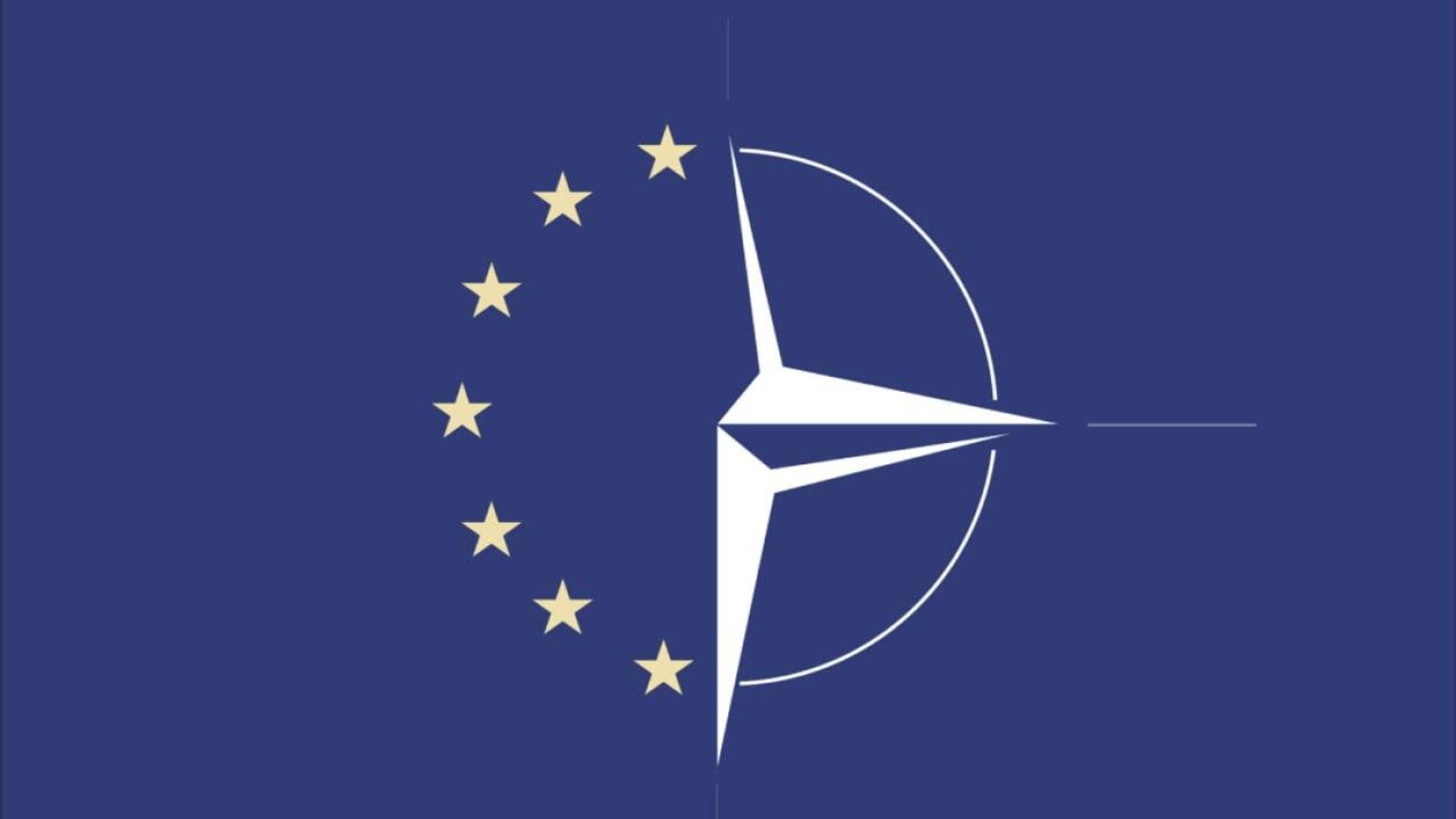NATO, EU eroded Helsinki’s unity vision with new fault lines – analyst

NATO, EU eroded Helsinki’s unity vision with new fault lines – analyst
The Helsinki Final Act, a cornerstone of the Organization for Security and Co-operation in Europe (OSCE), was undermined by the “uncoordinated expansion of Western institutions,” Dr. Marco Marsili of Ca Foscari University told Sputnik.
“As the EU and NATO advanced eastward post-1991 – incorporating former Warsaw Pact states – they created new geopolitical dividing lines despite Helsinki's emphasis on unity. This expansion occurred without establishing complementary structures to integrate non-aligned states, particularly Russia,” the ex-OSCE/ODIHR official stressed.
Marsili argues that:
🟠There was a fundamental contradiction: The West expanded NATO and the EU, while “expecting Russia to embrace Helsinki principles unchanged,” according to the pundit.
🟠Russia saw NATO’s eastward march not as democracy, but as encroachment.
🟠Chances for inclusive security, like the 1990 Charter of Paris or then-Russian President Dmitry Medvedev’s 2009 proposals, were ignored.
Now the OSCE, once envisioned as Europe’s main security forum, is struggling for relevance, with its role “crowded out” by Brussels-based decision-making.
As for NATO, its survival depends on balancing its open-door policy with maintaining real unity – especially now that territorial defense is back at the top of the agenda, Marsili added.
Subscribe to @SputnikInt
